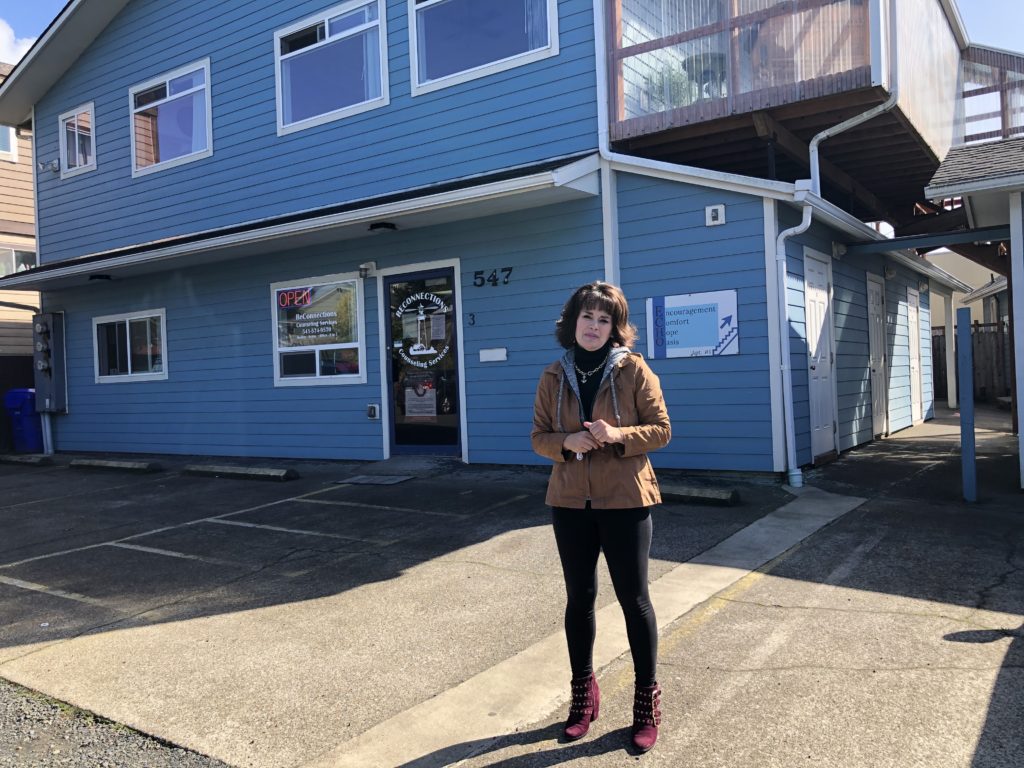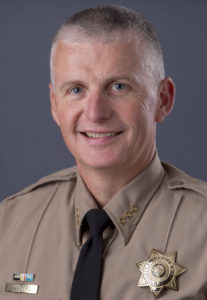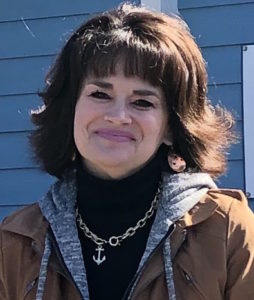
By QUINTON SMITH/YachatsNews.com
For the fourth time in a year, police come across a troubled, occasionally homeless woman with a small amount of drugs.
Should police cite her for possession of a controlled substance, take her to jail where she is booked, given a date to show up in court and then released?
Or, should police call a mental health/addiction counselor who – anytime night or day — meets the officer and troubled woman, takes her under their wing, finds food and shelter for the night, and the next day begins working on a long-term plan?
Lincoln County is about to find out.
The Lincoln County Sheriff’s office has received a $288,000 state grant to fund such a program for two years. Police departments in Newport, Lincoln City and Toledo have signed on and the district attorney’s office will monitor participants and results.

“We’re really trying to address root causes of the problem that the individual is having,” Sheriff Curtis Landers told YachatsNews. “In many cases arresting them and going through the system is not working.”
Landers says law enforcement believes there are at least 60 people in the county who would fit that description – and likely many more as personal crises come and go.
“We’ve arrested the same people for the same things, time and time again, and often achieved the same ‘revolving door’ result,” Landers said in a news release announcing the program. “I think this program can be the course correction many low-level offenders need to get back on track.”
The critical component of the program is having a social worker or counselor immediately step in to stabilize the low-level offender and then develop a plan for recovery.
“That’s the important part … the immediate handoff,” Landers said.
That’s where Reconnections Counseling, a large, multi-prong Newport-based counseling business, comes in.
Reconnections has three offices in Lincoln County and one in Florence, 18 employees, an 11-unit recovery housing complex for women in Newport, and a day drop-in center.
Under the program, police will call Reconnections when “they determine it’s not necessarily a criminal justice problem but maybe a housing, mental health or addiction problem,” said Lalori Lager, owner of Reconnections Counseling.

“What we’re looking for in the first 24 hours is to meet their basic needs,” she said.
Then comes an assessment of what the larger problems are, or if the issue is as simple as getting proper identification so the person can apply for a job.
Once there’s a plan, a Reconnections staffer continues to help the person follow it – including going to court with them to deal with any previous charges.
The program is voluntary. The troubled person, law enforcement and any victim, if there is one, has to agree to participate.
“We walk along side them, but we don’t tell them what to do,” Lager said.
The program was announced last week, but officially started Oct. 1 and already has one person in it.
The program is officially called “Law Enforcement Assisted Diversion” or LEADS. It started in King County, Wash. in 2011 and has spread around the country. Landers said he heard of it 3-4 years ago and this year started working on agreements with the three police departments, DA’s office and Reconnections.
Part of that was a visit to Marion County in Salem, where the sheriff’s department has been using it for two years.
“It’s a great program,” Lager said of Marion County’s effort.
The two-year grant covers counseling and any expenses associated with helping the person with housing, clothes, food, health care, and other resources.
“The ultimate goal is stabilization and less law enforcement contact,” Lager said. “And that’s why LEADS can work – because it takes law enforcement out of it and puts it back on the community to help this person.”


